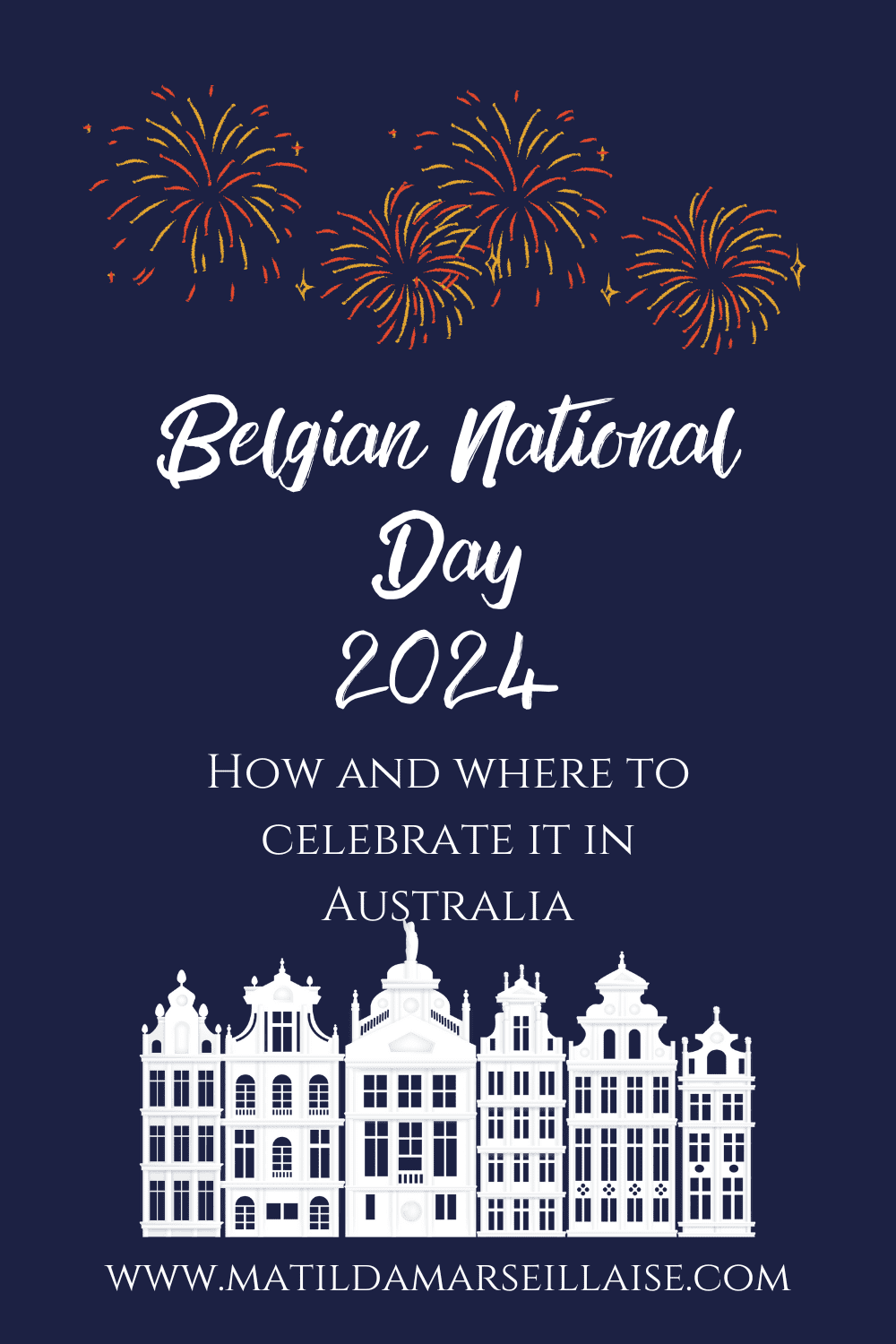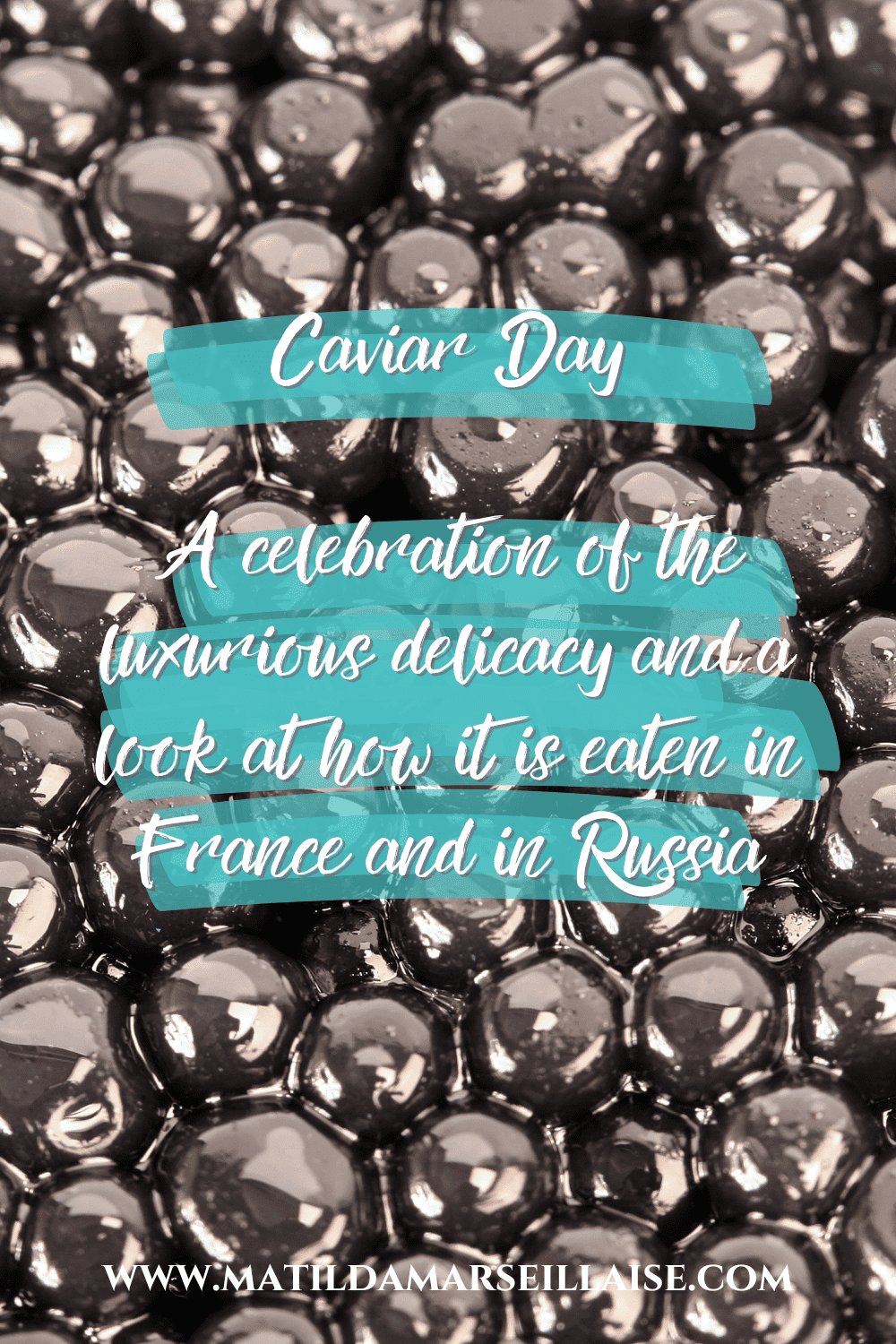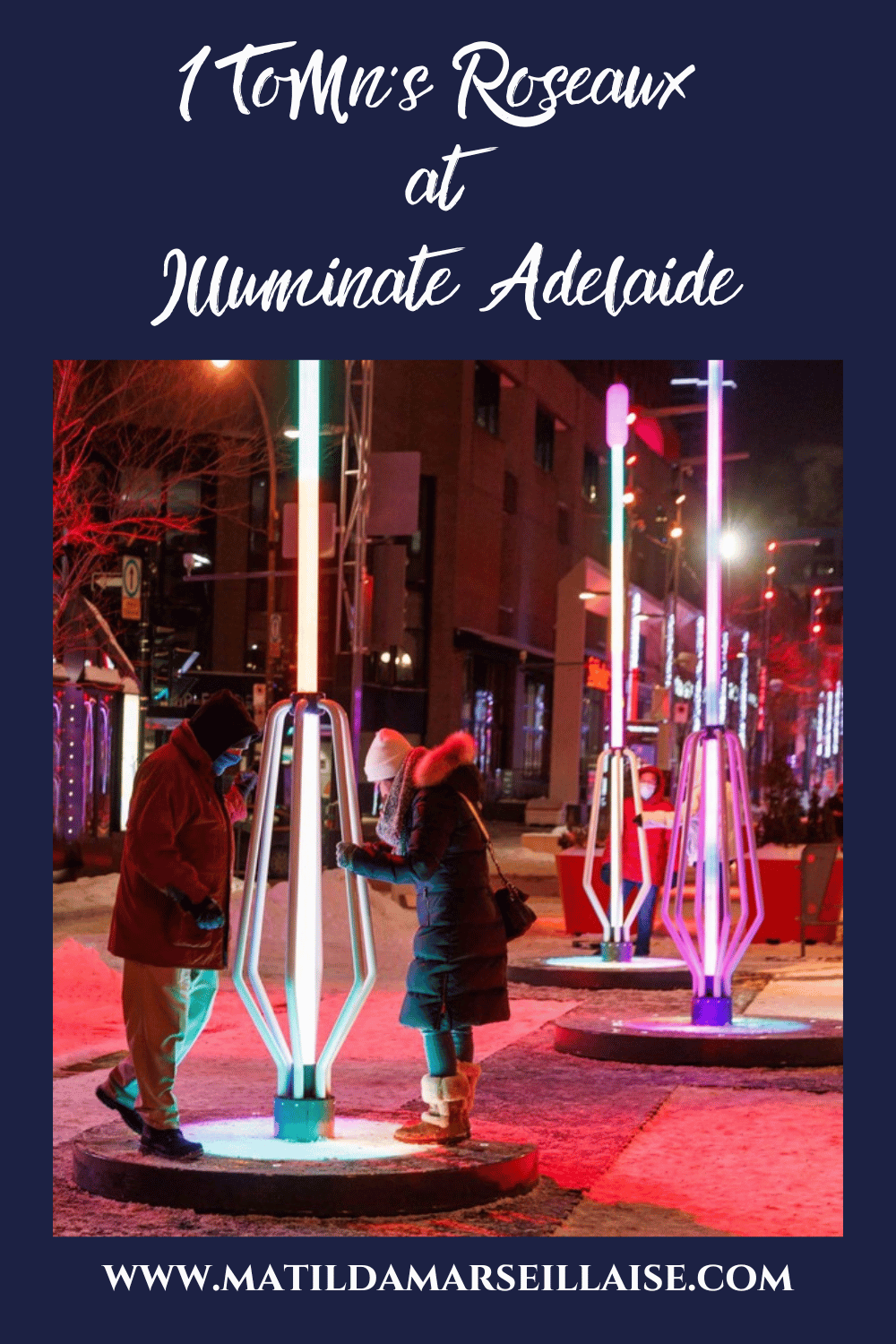James Thierrée is currently in Australia for Sydney Festival, where he is presenting his show ROOM. Grandson of Charlie Chaplin, and well-known by Sydney Festival audiences, his show is the escapism we’ve all been searching for throughout COVID times. Read on for our interview with James Thierrée.

James, you’re at Sydney Festival, this time with your production simply named ROOM. Tell us a little about this show. What characterises ROOM?
I consider that this show, which is embodied by a room, speaks of a free room, a crazy room, a sort of joyful ode to theatrical language in all its forms: a lot through music, through the body, through the set, through the pleasure of storytelling. It was very important for me, after years of being rather fixated with this virus, to present to the public a show that breathes. A show that welcomes in its whirlwind individuals who have been separated and spaced apart from each other to say “let’s get together in a sort of crazy and enjoyable phase”.
You’ve already visited Australia, specifically Sydney Festival with your shows Au Revoir Parapluie and Tabac Rouge. For those who are familiar with those shows, how does ROOM compare? How is it similar and how does it differ from your previous shows?
Compared to my previous shows, ROOM really wanted to open doors and windows. It was the first time that I integrated live music and I worked very hard on this show because I wanted it to be a kind of declaration of love to musical instruments and to the pleasure of sharing this music which has accompanied me in all my productions but which was essentially broadcast as recorded music.
And for me, it was obvious that I wanted to put my hands on this essential engine, I would say almost narrative, of all my theatrical language which was music. So, there is really this sail that is inflated with air in ROOM and the air is the music. It’s really the beating heart of the show so it’s something that differentiates this show from my previous ones.
There is also the use of lyrics, which is not linked to the present but which have been liberated. I was essentially using a mute universe, which was very corporeal with magic that operated through the set, the lighting and the music but without words. But you could say that I invited words for the first time through humour and nonsense. I’m half English through my mother and English nonsense is very important in my shows. That is to say, this way of reversing the meaning of things and the kind and place of writing through surrealism. The words are like notes that accompany the music live and play with it.

The word “chaos” has been frequently used in reviews of ROOM. Is it chaos that you intend to create on stage?
Yes, I like chaos very much. I think that even when we don’t like chaos, chaos is in us. It is scientifically proven that chaos was essential to the formation of the universe. So, without being philosophical, I would say that I took a lot of pleasure in letting the elements of the show drift in and out and in playing with the audience’s expectation that we all have to follow the story, to understand the theme, to be able to place the things that we watch and listen to somewhere in the brain’s drawers. And I have to say that as a spectator, I really like to go and see shows that throw me off my guard, that challenge my expectations a bit. That is to say, yes, it is a surprise. It’s already a form of reaction to chaos. We’ll say that this is not the main theme of ROOM, which is, as we say, a show that is framed, but within this frame there is a positive, joyful chaos. A chaos with which we dance. I like that idea.
According to your Compagnie du Hanneton’s website your “inspirations are those of travel and performers encountered, of cultures that intersect.” How do these things inspire you?
Since I was very young, I have always loved the randomness of life and encounters. And in my life and in my work, I love coincidences, I love accidents. You could say that some of the ideas that come to life in my creations are driven by the accidents that I have become accustomed to causing. That is to say, to have an idea and not to accomplish this idea but to hope to get out of its path, which leads me to another much more interesting, much more unforeseen idea., Over the years, it has not improved. So yes, I do like encounters with other places and with other people. And if they come from even further away, it’s even better because it provokes positive shocks and wonderful amalgamations, you could say, and in work, it’s the same.
The desire in some way to be elsewhere. That famous destination that you had written down – that goal to reach. It’s somewhat important not to reach it entirely and to be delighted to discover the other thing you hadn’t planned. I know that this must not be very popular because we’re all about having a goal and reaching it. You can have dreams but dreams are fulfilling. Dreams should escape us a little bit, even if they should not turn into nightmares.
Were there any travels or encounters or specific cultures that inspired you in the writing of ROOM?
It’s difficult to answer this question, but I would say that there were many encounters in the year and a half that preceded the creation, even though it was greatly disturbed by COVID and had to be postponed. So, during this long period before the premiere of ROOM, I met a lot of people, dancers, especially musicians who came to my house and we made a lot of music during this year and a half.
Some of these people didn’t end up in the show because they didn’t have a place in the show, but some of them became friends and all of them – a good part of them at least, had a big impact on me because music was a new realm for me and I had magicians, magicians who stood in the path of my life and agreed to play with me and, in some way, introduced me to their secret. There are a few, it’s not a crowd – you can count them on the fingers of one hand – but I could say that these encounters were decisive in the feelings of freedom and audacity that I feel I was able to have in the creation of ROOM.

ROOM is a relatively new production that premiered at the Théâtre de Carouge-Atelier de Genève in January 2022. What was the development/writing process of ROOM?
It’s a very long story and I won’t be able to answer [in full]. You’d almost have to write a whole article simply on the development of this project because it has been hit by obstacles and trials many times, and for me it’s a show that I feel very lucky to be able to have been able to present to the public, to be in Australia, in Sydney at this festival that I love very much and that has been associated with my work and supporting my work in some way for many years.
And for me, ROOM was a project in which I somehow refused to follow my usual know-how. One could say that after 40 years and a few productions, one begins to have habits, one begins to know how to make a show and it can be dangerous for an artist who begins to reproduce a kind of recipe and for me it was essential not to follow the beginnings of know-how that I felt I had.
I consider [the show] almost as a person in its own right that needed to have its own independence. It was very complicated because at the same time it was me who had to build and elaborate a rather important show – we do budgets, sets, casts. It was very ambitious. And at the same time, I wanted it to have the purity of a child’s game, of a primary game that was also wild and that had a form of independence from me and this famous know-how that I consider to be a cage in some ways.
It is really a very long process. I explained earlier that music has a central role. But I wanted to talk about my profession, about theatre, in some way. I wanted to talk to the audience about theatre and to make a show that would reopen the imagination around this unique place where we can still share something that will never happen again, because after each presentation the audience will never exist again. For me, it is a kind of crossroads project that should be generous with the audience after years of trials and tribulations, and for me, it should be a kind of springboard to keep the audacity, to keep the freshness, to keep a certain risk-taking on the proposal.
I have the impression that audiences need to feel that the artists in front of them are taking some kind of risk or at least not relying on routines, on know-how. As a result, I surrounded myself with extremely talented artists, musicians, dancers, actors and technicians too. We got through those COVID years a bit like samurais, a bit like warriors.
Sometimes we had the impression that we would never be able to present this show because it was interrupted several times during its creation. But finally, today at the Sydney Festival, we arrive exhausted but happy to have been able to present this show which was born in the middle of a huge crisis where people didn’t go to the theatre anymore. So, in a way, it’s a reunion with the public.

Theatre and circus run in your veins with circus performers as parents and Charlie Chaplin as great-grandfather. You made your debut in your parents’ circus at the age of 4 with your older sister. Did you know from childhood that you would also follow a career in the arts as an adult?
You know, I was literally born in the mixing pot of theatre, on the boards. I saw my parents on stage – I was backstage – very early on – it’s among my earliest memories. So actually, somewhere along the line, it’s not even that I knew it, it’s that I didn’t ask myself the question. I was on a boat and I liked that boat and I still like that boat. I’ll go even further, I’m absolutely in love with this boat and I sincerely feel privileged to be able to do this job, to know that it’s a job, that it’s a craft and that somewhere along the line I received the tools and I’m lucky to have had these tools so young from my father and my mother who also practised this job in another way. And I continued in my own way. It’s a beautiful thing. It’s called transmission, it also happens in many trades, with woodworkers, with bakers, with all craftsmen, with all people who make things, who do good.
There are 11 of you on stage? Have you worked with any of these artists before this show? How did you meet each other?
They are artists I admire. For me, it’s very important to work with people I admire, people I want to explore with, to push further, to spend time with. It’s very special. It’s not a friendship in fact, it’s called an art friendship because somewhere along the line it’s extremely intense and each person is asked to give a lot in the name of an idea or in the name of a goal that is set. As I explained to you, ROOM was very topsy-turvy in its construction and also in its ambition so the artists had to hang on, to have faith, to know that in some way they could trust me to follow them in this adventure. I have a lot of affection and admiration for these artists. Each one is different.
None of the people who are in the show has never worked with me, so they had no habits and routines in the way of working. It was a discovery. Each person was a separate encounter, sometimes by audition, sometimes by the ricochet of life.
What can the audience expect from the ROOM show?
They must not expect anything! That’s not allowed. I don’t expect anything from the audience because the audience is a surprise. It’s very important to sit in a theatre and not to expect anything and not to know anything and to see what happens, and to see if you are going to be blown away by the wind, by the breeze or by the gust or if you are going to stay outside. This is a mystery and the excitement is very important as is the enthusiasm, but it is the mystery that allows for this. That is, the idea of going to see a show and not knowing exactly what it is, not being reassured in some way, it’s wonderful. It’s wonderful. It’s a bit dangerous. If it gives you a few thrills, all the better.

Who is the ROOM show for?
Literally, it’s for everyone. Well, maybe a child under the age of 7 or 8 might feel a little bit out of place but otherwise all ages, all professions, all cultures, all social, cultural groups, absolutely everyone even animals can come if they want to. I know the Australian wildlife is beautiful. Insects, everyone is invited!
Why should people come and see the ROOM show at the Sydney Festival?
That’s a really trick question. I feel like a car salesman. But that’s the point – we’re not car salesmen. We’re artists and we’re coming from the other side of the world, the equipment took a boat in a huge container and took two and a half months to get to Sydney and we’ve been looking forward for months to getting somewhere under foot as we’re all from the west and just being part of this festival which I have a particular soft spot for, I love it, there’s something extremely festive about it, it’s always been a very intense experience. I hope that people will want to go out and discover an extremely joyful and lively and unexpected and also very strange proposal.
—
We thank James Thierrée for this interview. See below for how and when to see ROOM at Sydney Festival 2023.
KEY INFO FOR ROOM BY JAMES THIERRÉE
WHAT: ROOM by James Thierrée
WHEN: 20-22 & 24-25 January 2023
Fri 20 Jan, 7:30pm
Sat 21 Jan, 7:30pm
Sun 22 Jan, 5:00pm
Tue 24 Jan, 7:30pm (Auslan Performance)
Wed 25 Jan, 1:30pm
WHERE: Roslyn Packer Theatre, Walsh Bay, SYDNEY
HOW: Purchase your tickets via the Sydney Festival website https://www.sydneyfestival.org.au/events/room
HOW MUCH:
Ticket prices (exclusive of booking fee) are as follows:
- Premium Full Price – $129
- A Reserve Full Price – $109
- A Reserve Concession – $100
- B Reserve Full Price – $79
- B Reserve Concession – $70
For other events with French and francophone links at Sydney Festival, read this article.
For all events with French and Francophone links happening in Australia this month, click here





